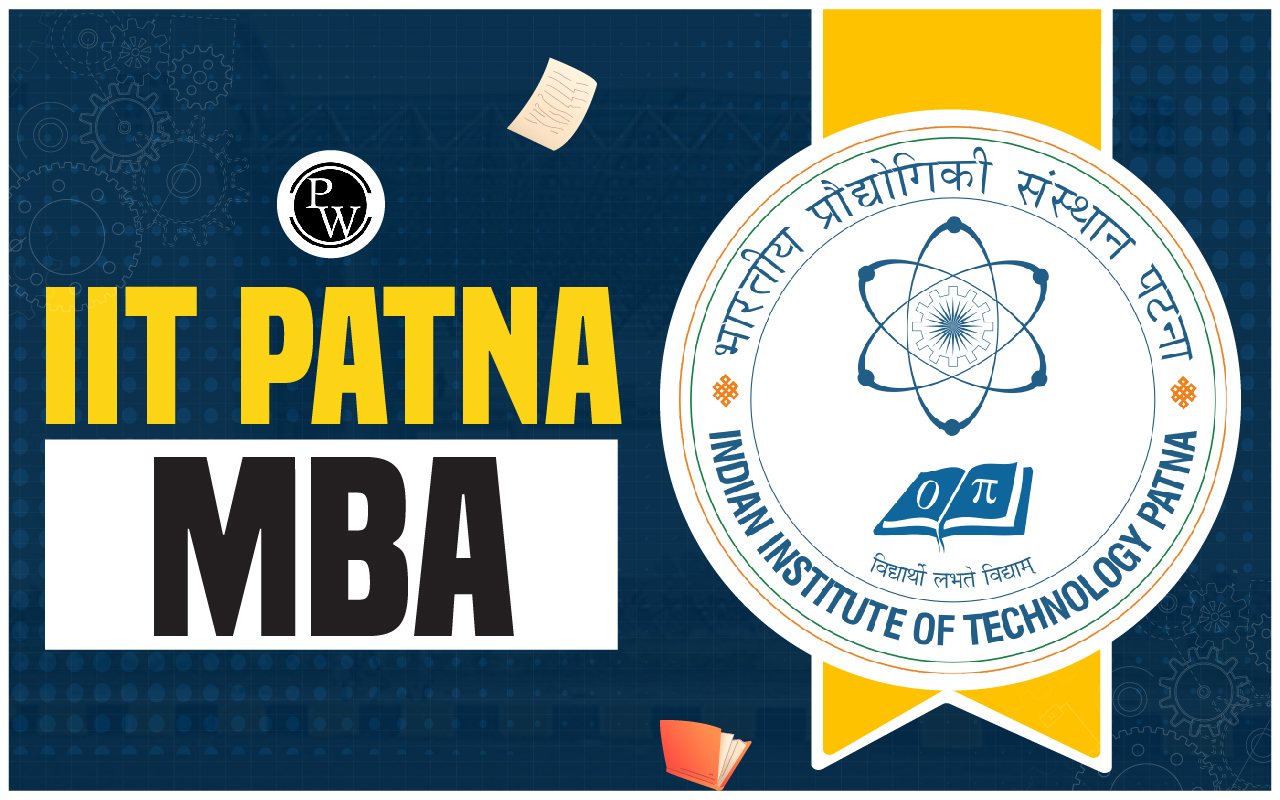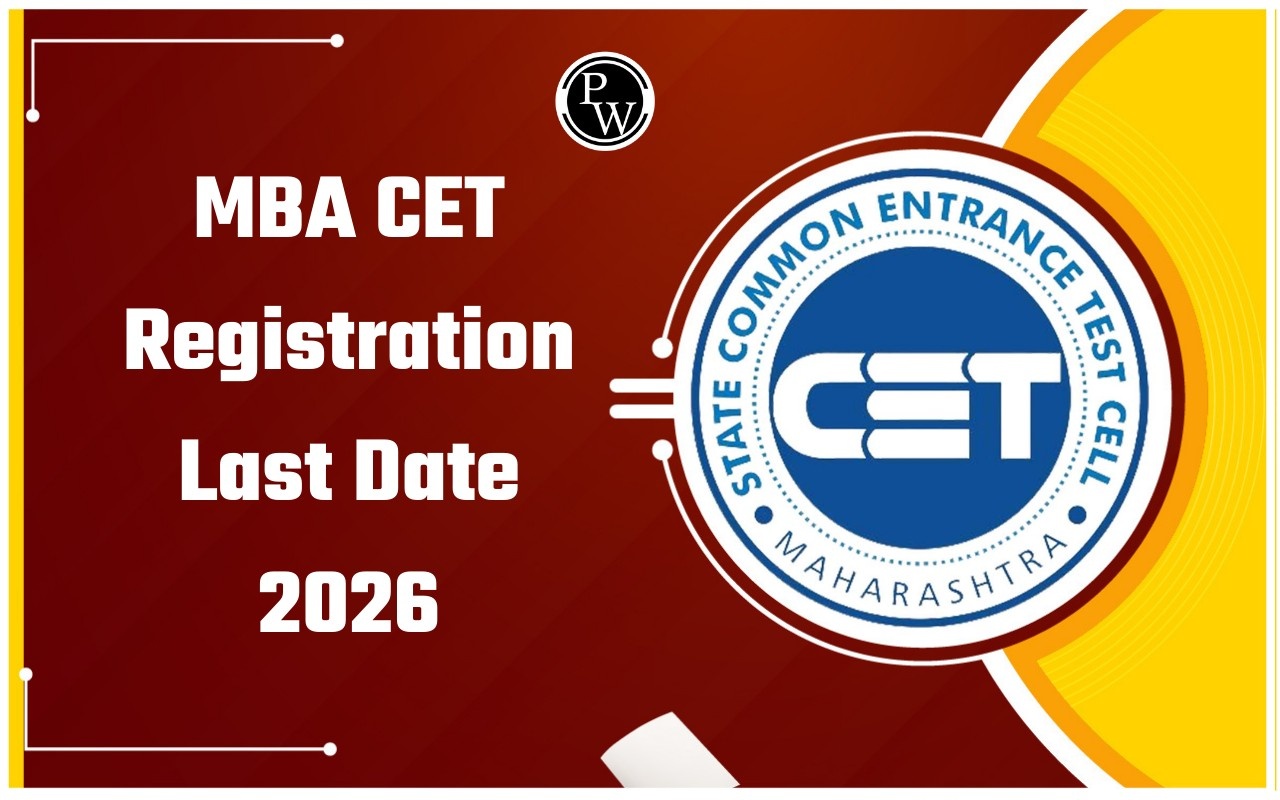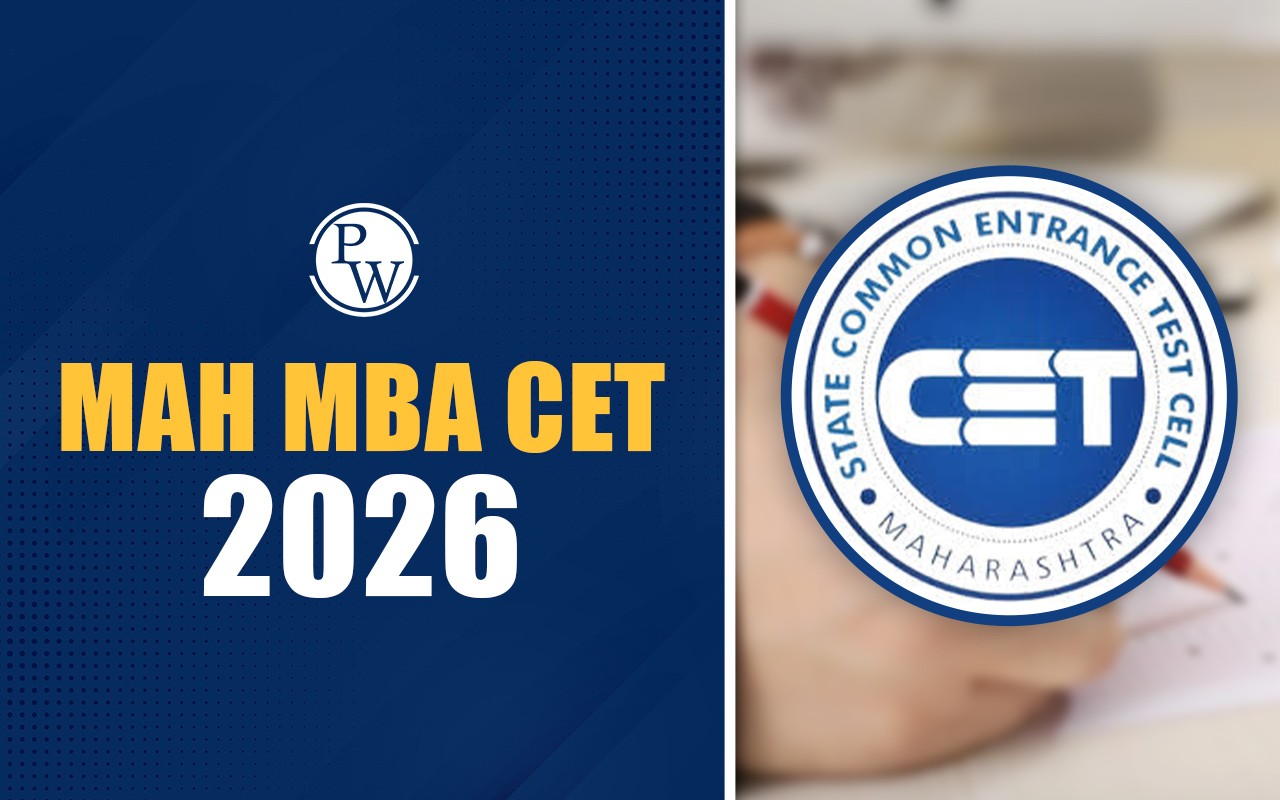
MBA Preparation 2024: Embarking on the journey toward earning a Master of Business Administration (MBA) is a significant step that requires meticulous planning and preparation. The MBA landscape is vast and competitive, with numerous entrance exams serving as gateways to prestigious business schools. In this blog, we will discuss the key aspects of MBA preparation, top MBA entrance exams , preparation tips, and much more.
Top MBA Entrance Exams in 2024
Embarking on the pursuit of an MBA involves navigating through a diverse landscape of entrance exams, each with its unique format and significance. These exams serve as gateways to esteemed business schools, shaping the academic and professional trajectories of aspirants. Let's delve into the details of some of the most prominent MBA entrance exams:1. CAT (Common Admission Test)
CAT stands as the epitome of MBA entrance exams in India, renowned for its challenging nature and the gateway it provides to the prestigious Indian Institutes of Management (IIMs). CAT tests candidates on multiple facets of their cognitive abilities by covering sections like Quantitative Ability, Verbal Ability, Data Interpretation, and Logical Reasoning. Success in CAT opens doors to numerous other top-tier business schools across the country.2. MAT (Management Aptitude Test)
MAT is another significant MBA entrance exam in India, acknowledged by a plethora of business schools. Its flexibility sets MAT apart, offering both paper-based and computer-based testing options. MAT evaluates candidates on language comprehension, mathematical skills, data analysis, and critical reasoning, making it a comprehensive assessment of aptitude for management studies.3. GMAT (Graduate Management Admission Test)
For those eyeing international business schools, GMAT is the go-to exam. Widely accepted worldwide, GMAT assesses analytical writing, integrated reasoning, quantitative, and verbal skills. Its adaptive nature tailors the difficulty level of questions based on a candidate's responses, providing a nuanced evaluation of their capabilities.4. CMAT (Common Management Admission Test)
CMAT, a national-level exam in India, evaluates candidates on quantitative techniques, language comprehension, logical reasoning, and general awareness. What distinguishes CMAT is its emphasis on assessing a candidate's overall aptitude for management studies, offering a balanced perspective for business school admissions.5. XAT (Xavier Aptitude Test)
XAT is notable for its unique format, assessing decision-making skills alongside traditional sections like quantitative aptitude, verbal ability, and general knowledge. Conducted by XLRI Jamshedpur, XAT is accepted by various prestigious business schools, making it a sought-after examination for MBA aspirants.6. MAH-CET (Maharashtra Common Entrance Test)
For MBA aspirants in Maharashtra, MAH-CET is a key entry point to renowned business schools in the state. It covers logical reasoning, abstract reasoning, quantitative aptitude, and verbal ability. Its state-level focus makes it particularly important for those aiming to pursue an MBA within Maharashtra.| Also Read: | |||
| CAT 2024 Exam | CAT 2024 Exam Date | CAT 2024 Registration | CAT 2024 Admit Card |
| CAT 2024 Colleges | CAT 2024 Predictor | CAT 2024 Dress Code | CAT 2024 Result |
MBA Preparation Tips 2024
MBA preparation is a multifaceted process that goes beyond mere exam readiness. It involves honing various skills and building a robust foundation to thrive in the challenging business school environment. Here, we delve into each preparation tip, providing detailed insights and practical advice.1. Read Books
Reading is a gateway to knowledge and critical thinking, essential skills for MBA success. To make the most of your reading regimen:- Diversify Your Reading List: Create a balanced reading list that includes business classics, current affairs literature, and case studies. This not only enriches your understanding of the business world but also prepares you for potential interview questions.
- Set a Reading Schedule: Establish a regular reading routine. Allocate dedicated time each day or week to immerse yourself in relevant material. Consistency is key to building a comprehensive understanding of diverse topics.
- Annotate and Discuss: Don't just passively read; engage with the material. Take notes, highlight key points, and discuss concepts with peers or mentors. This interactive approach enhances retention and deepens your comprehension.
2. Online Courses and Tests
In the digital era, online resources are invaluable for MBA preparation. Consider the following strategies:- Identify Weak Areas: Use diagnostic tests to identify your strengths and weaknesses. Many online platforms offer adaptive assessments that tailor the difficulty based on your performance. Focus on improving weaker areas to ensure a well-rounded skill set.
- Choose Quality Courses: Select online courses from reputable platforms that align with your learning objectives. Look for courses that offer real-world applications and practical insights, providing a holistic understanding of business concepts.
- Simulate Exam Conditions: Take full-length practice tests under exam-like conditions. This not only familiarises you with the test format but also helps develop effective time management strategies. Analyse your performance to identify areas for improvement.
3. CV, Recommendation Letters, and References
Crafting a compelling application requires attention to detail and a strategic approach. Consider the following tips:- Quantify Achievements: When detailing your work experience and accomplishments on your CV, quantify whenever possible. Numbers and statistics add credibility and showcase the tangible impact of your contributions.
- Align Recommendations with Your Goals: Provide guidance to your recommenders by discussing your career goals and the skills you want to highlight. This ensures that the recommendation letters complement your overall narrative.
- Build Meaningful Relationships: Develop authentic relationships with professors, employers, or mentors who can provide impactful references. Foster connections beyond a transactional level, as genuine recommendations carry more weight.
- Revise and Refine: Iteratively refine your CV and recommendation letters. Seek feedback from mentors, career counsellors, or professionals in your desired industry to ensure that your application documents resonate with the intended audience.
4. Upscaling Networking Skills
Networking is a cornerstone of success in the business world. Elevate your networking game with these strategies:- Attend Industry Events: Actively participate in conferences, seminars, and networking events relevant to your field of interest. These gatherings provide opportunities to meet industry professionals, gain insights, and expand your network.
- Utilise Online Platforms: Leverage platforms like LinkedIn to connect with professionals, alumni, and peers. Engage in industry-related discussions, share insights, and build a strong online presence. Networking is not limited to physical events; the digital space is equally powerful.
- Seek Informational Interviews: Approach professionals for informational interviews to gain insights into specific industries or roles. This not only broadens your understanding but also establishes connections that may prove beneficial in the future.
5. Time Management
Effectively managing your time is paramount for success in MBA preparation. Consider these time management strategies:- Create a Study Schedule: Develop a realistic study schedule that considers your daily commitments. Allocate specific time slots for different subjects, practice tests, and review sessions. Balance intensity with breaks to maintain focus.
- Prioritise High-Impact Tasks: Identify high-priority tasks and tackle them during peak concentration periods. This ensures that you dedicate your best energy to tasks that have a significant impact on your preparation.
- Set Milestones: Break down your preparation into milestones. Celebrate small victories along the way, whether it's mastering a challenging concept or achieving a target score in a practice test. Milestones keep you motivated and on track.
- Adapt as Needed: Be flexible with your schedule and adapt as needed. Life may throw unexpected challenges, and having a flexible approach allows you to navigate disruptions without derailing your entire preparation.
Also Read: Best MBA Colleges Without CAT
Things to Do Before Starting MBA Preparation 2024
Before diving headfirst into the rigours of MBA preparation, it's crucial to lay a solid foundation and equip yourself with the necessary tools. The journey toward earning a Master of Business Administration involves more than just studying for exams. Here's a comprehensive guide on what to do before starting your MBA preparation:1. Start with Basics
- Strengthen Fundamental Concepts: Begin your MBA journey by revisiting and reinforcing basic concepts in mathematics, grammar, and critical thinking. This step is essential to ensure that you have a strong foundation for more advanced MBA topics.
- Identify Weak Areas: Take diagnostic tests to identify areas where you may need additional support. This initial assessment helps tailor your preparation strategy to focus on specific weaknesses, ensuring a more targeted and efficient study plan.
- Engage in Self-Assessment: Reflect on your academic and professional journey. Identify key experiences, achievements, and challenges. Understanding your strengths and areas for improvement is essential for crafting a compelling narrative in your applications.
2. Short-Term Courses
- Enhance Specific Skills: Enrol in short-term courses that enhance skills relevant to the business world. Courses in data analysis, financial modelling, and project management provide practical insights that will not only aid in your preparation but also set you apart during your MBA studies.
- Explore Specialised Certifications: Consider pursuing industry-relevant certifications that align with your career goals. Certifications in areas such as digital marketing, analytics, or leadership can demonstrate your commitment to continuous learning and professional development.
3. Acquaint Yourself with Excel
- Understand Basic Functions: Excel proficiency is a valuable asset in the business environment. Familiarise yourself with basic functions, formulas, and data manipulation. Online tutorials and courses are readily available to help you develop essential Excel skills.
- Explore Advanced Features: As you progress, delve into more advanced features of Excel, such as pivot tables, data visualisation, and advanced formulas. These skills will not only be beneficial in your MBA coursework but also in your future professional endeavours.
4. Prepare Your CV
- Tailor Your CV for MBA Applications: Your CV is a crucial component of your MBA application. Tailor it to highlight your academic achievements, work experience, and leadership roles. Emphasise how your experiences have shaped your skills and prepared you for the challenges of an MBA program.
- Seek Feedback: Share your CV with mentors, career advisors, or professionals in your desired industry. Constructive feedback can help refine your CV, ensuring that it effectively communicates your unique strengths and contributions.
- Showcase Leadership and Achievements: Highlight instances where you demonstrated leadership, problem-solving skills, and initiative. Whether through work projects, community involvement, or extracurricular activities, showcasing your ability to make an impact is vital.
5. Prepare Mentally and Emotionally
- Understand the MBA Commitment: Reflect on the commitment required for an MBA program. Understand that it goes beyond academic studies and involves active participation in discussions, group projects, and networking opportunities. Mentally prepare for a challenging yet rewarding experience.
- Research Potential Business Schools: Familiarise yourself with the culture, values, and programs offered by the business schools you're interested in. Consider attending informational sessions, virtual campus tours, or connecting with alumni to gain insights into the unique aspects of each institution.
- Set Realistic Expectations: Establish realistic expectations for your MBA journey. Recognize that challenges will arise, but view them as opportunities for growth. Having a positive and resilient mindset will contribute significantly to your success.
Physics Wallah offers online coaching for the Common Admission Test (CAT) through their MBA Pioneer Pro 2024 batch . This batch includes online classes for management examinations for 2024, including CAT. Join now to enhance your preparation journey.
| Also Read | ||
| CAT 2024 Exam | CAT 2024 Exam Date | CAT Registration 2024 |
| CAT Admit Card 2024 | CAT Exam Pattern 2024 | CAT Syllabus 2024 |
MBA Preparation 2024 FAQs
How can extracurricular activities enhance my MBA application?
Is it necessary to take a break from work to prepare for MBA entrance exams?
What role does emotional intelligence play in MBA success?
Can international work experience positively impact my MBA application?
How can I leverage informational interviews for MBA preparation?










